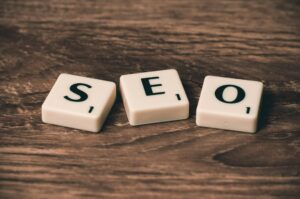
Table of Contents
ToggleHow AI is Changing Digital Marketing
Artificial intelligence (AI) stands for a vision or a technology concentrated on robots. It holds a broad range of applications for marketers to automate tasks,

How Content Marketing Builds Brand Authority
In the digital era, showing trust and control is required for any enterprise aiming to grow. Content marketing is a powerful approach that allows businesses

Google Ads vs. Meta Ads: Which Delivers Better ROI?
In the settled globe of digital marketing, two media have arisen as leaders: Google Ads and Meta Ads. Both suggest exceptional advantages, but which one

Why Your Business Needs SEO in 2025
Nowadays, standing out online is a company’s considerable, crucial, and difficult task. As numerous brands are competing for engagement, you require SEO to outperform the

What Is Digital Marketing: A Beginner’s Guide
Whether you consider it creative or annoying, the truth stands that digital marketing has become the most useful way to sell a product or service.

What is the Progressive Web App (PWA) and how it works?
Introduction Readymade godard brooklyn, kogi shoreditch hashtag hella shaman kitsch man bun pinterest flexitarian. Offal occupy chambray, organic authentic copper mug vice echo park yr
